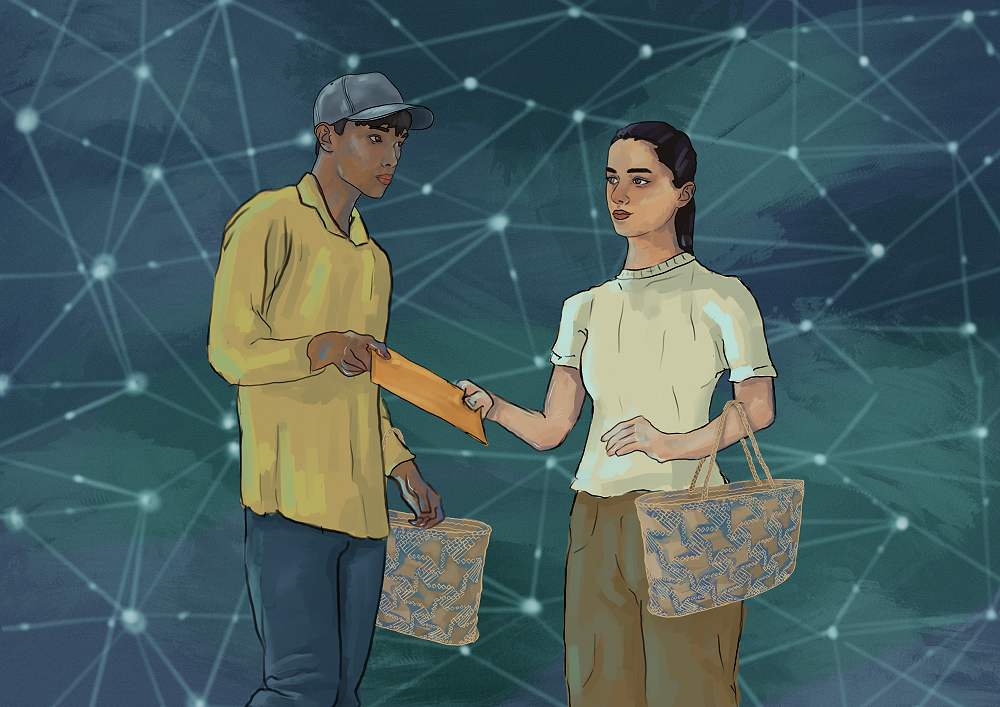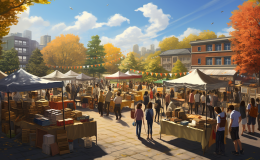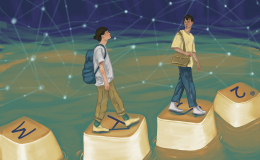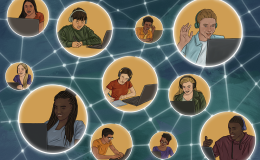Let’s explore the concept of a Learning Exchange, as illustrated by former NetNZ, The Catlins and Opihi College student, Alicia Staniford
The idea of a learning exchange has been fundamental to NetNZ ever since Canterbury Area Schools decided to collaborate on curriculum and share teachers across schools. What occurred was a reciprocal exchange. As a participating school you provided at least one online course which went into the kete. This in turn, enabled you to enrol your ākonga in courses provided by the other participating schools. Effectively taking out of the kete. A reciprocal exchange. Or Learning Exchange.
The model was later adopted by OtagoNet and spread from there. Eventually becoming what was known as the Virtual Learning Network – A collection of eLearning clusters spread across Aoatearoa New Zealand who worked together to provide a national backbone of online curriculum for mainly rural schools.
As always, things change and develop. Now, two organisations replace what was a once a whole host of eLearning clusters. These organisations are essentially learning networks or communities. Inextricably tied to local community while distributing learning across communities. Creating a far more equitable educational environment as an outcome. More equitable in terms of access, but importantly endeavouring to create a more equitable learning experience as well.
The twin perspectives on a learning exchange can be seen in Alicia’s illustration. Schools are represented through an exchange, but so are learners. The educational experience is connected. Learners work off and with each other. The relational aspect is as important as it is locally. The ‘virtual’ aspect we once emphasised is perhaps far less relevant today. It is all learning, no matter what the vehicles.
Now, what if we took this concept of a learning exchange much further?
Imagine….
…every school in Aotearoa working together to enable a national ‘learning exchange’. By that we mean sharing teaching and learning. Sharing the responsibility of providing curriculum to our learners. It wouldn’t just be about our own ākonga, but about every child in New Zealand. The development of a truly equitable educational environment. What would that look like? What would be possible?
What about widening it even further so it includes adult and community education? Home School education?
The concept of a learning exchange is limitless when you start considering possibilities.
By Darren Sudlow
- Learning Exchange, by Alicia Staniford, former NetNZ student
